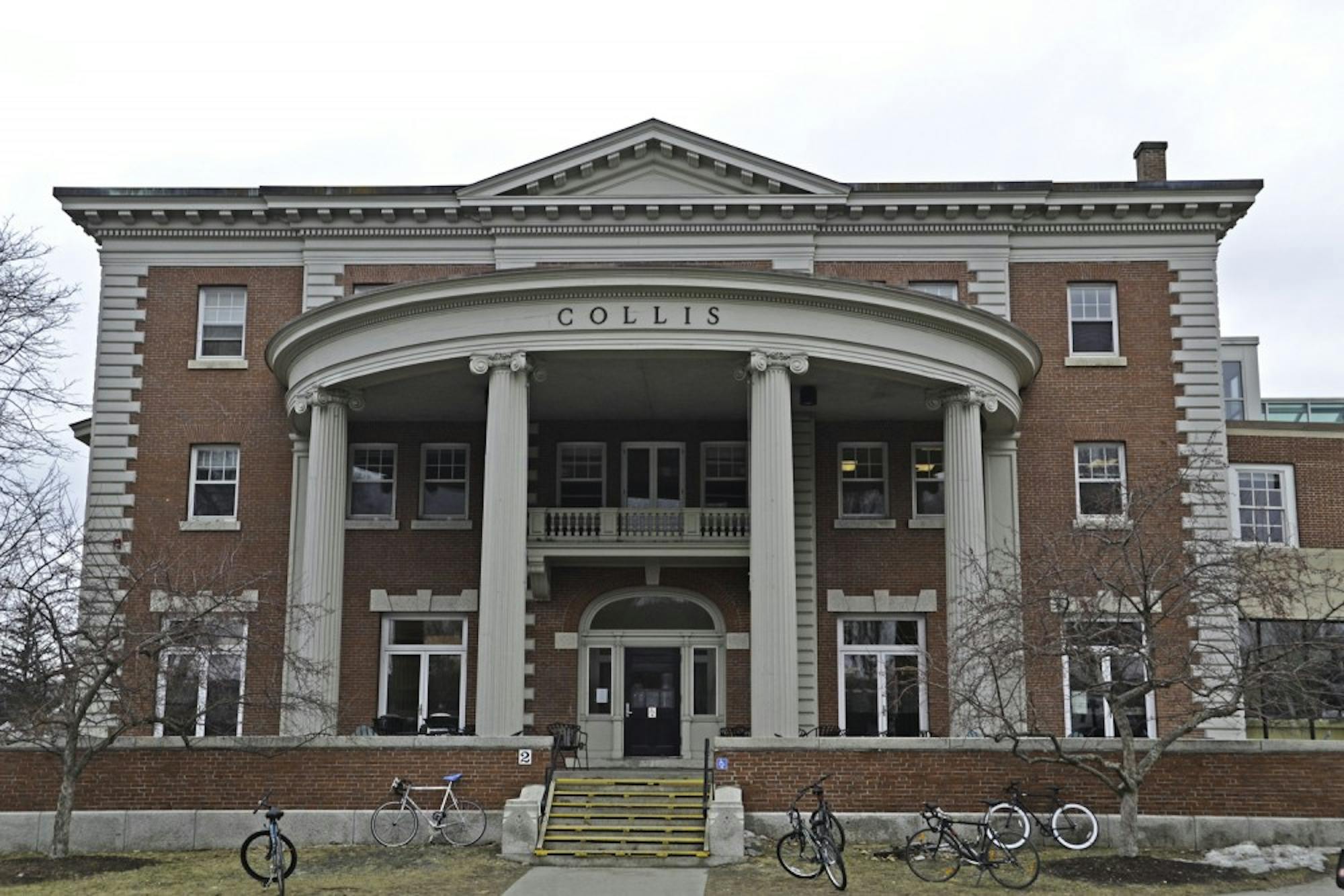Collis Miniversity will be restructured to pursue engaging, stand-alone academic conversations with the goal of “increased interactivity,” Collis Center program coordinator Juliann Coombs said. After the launch of “Not Another Lecture Series,” a series of casual conversations with alumni and lecturers, Collis Miniversity will end their termly classes, including “Wine Discovery” and “Speed Reading,” this fall.
Collis announced this shift, which has been under consideration for some time, last spring. Since then, Miniversity has sponsored events featuring notable professors and alumni including English professor Aimee Bahng, producer and playwright Olivia Scott ’13 and economics professor Charles Wheelan ’88.
Since Lori Bamberger ’85 founded Miniversity in 1985, it has offered a selection of non-credit classes that present opportunities for students to engage in practical and interesting topics outside the scope of the College’s academic curriculum.
Over the last few years, however, student enrollment has dropped significantly, leading administrators to refocus the institution’s offerings from term-long classes to individual “non-lectures” by professors and alumni, Coombs said.
Low course enrollment also had economic repercussions, which affected not only Miniversity programming but also other areas of Collis operations including operating hours and staffing, Collis director and senior assistant dean of the College Eric Ramsey wrote in an email.
Coombs speculated that the decline in student interest could be due to the cost of Miniversity classes and the time commitment these courses require.
“The cooking classes used to be very popular, but it was very expensive to run them, as students would have to pay a fee that covered the instructor’s salary, ingredients and tools,” Coombs said.
At its peak, Collis Miniversity offered 21 classes, but the offerings decreased to just two this term: “Speed Reading” and “Wine Discovery.” As of fall 2015, these courses will no longer be offered through Miniversity, and other departments or centers will decide whether to continue offering these courses.
“Speed Reading” instructor Carl Thum said that because the course has proven useful to students over the past few years, he will teach it through the Academic Skills Center. While general demand for Miniversity classes has decreased, he said he has seen a consistent amount of student interest for his course over the last few years.
“The reasons students take my class — wanting to get more out of their academic reading, because they want to do more pleasure reading or because they’re preparing for graduate school exams — have remained the same,” Thum said. “I always have a large number of first-year students interested in improving their reading rate and comprehension.”
Thum lauds Miniversity’s commitment to broadening students’ undergraduate education and promotion of non-academic learning, especially given the College’s remote location.
“If we were in a more urban setting, students would have more opportunities to leave campus and supplement their education with outside students, but we don’t have that here,” Thum said. “Miniversity fills that gap.”
The new focus of Miniversity will not compromise the program’s original mission, director of student activities Anna Hall said.
“The mission [of Collis Miniversity] has stayed the same as it provides an educational experience in a more formal setting but now this is in a new way,” Hall said.
Thus far, Miniversity planners have reached out to potential speakers based on student suggestions, but are anticipating that speakers will come to them in the future. There is an inherent draw to speaking through Miniversity as it allows speakers to reach a wider student audience than they would by working with a single department, Hall said.
“We’re hoping that in the future if a professor or alumni is interested in coming to speak to students, they will think Collis Miniversity,” Coombs said.




